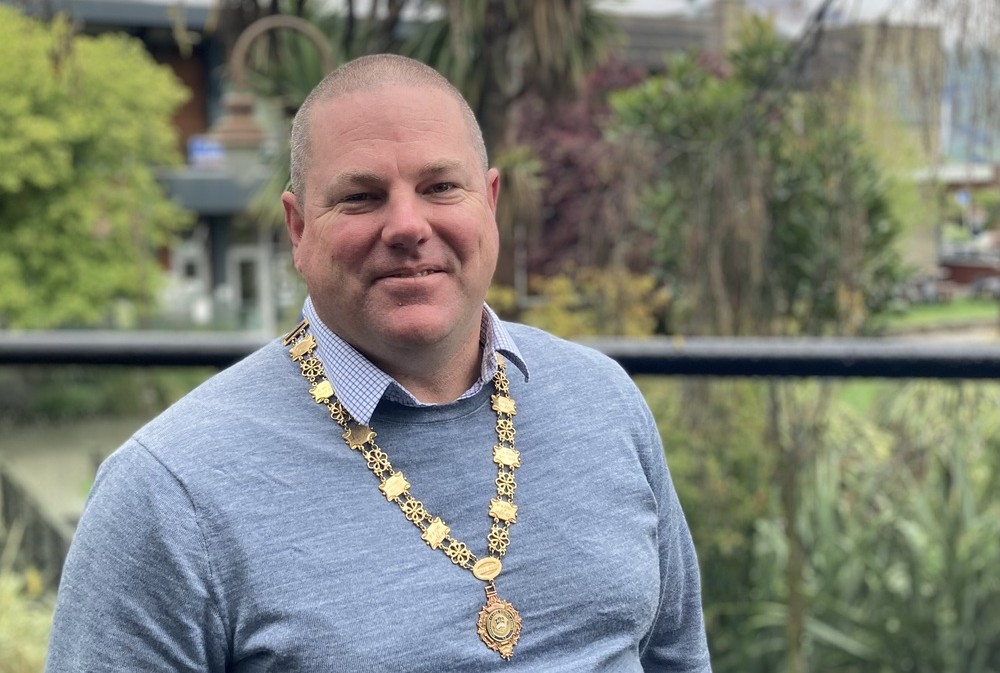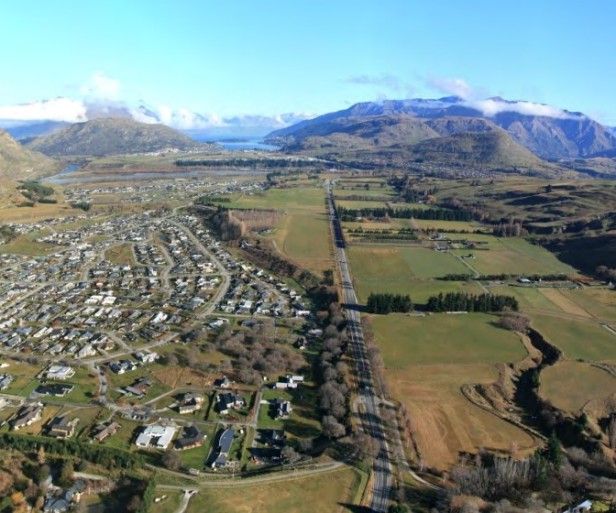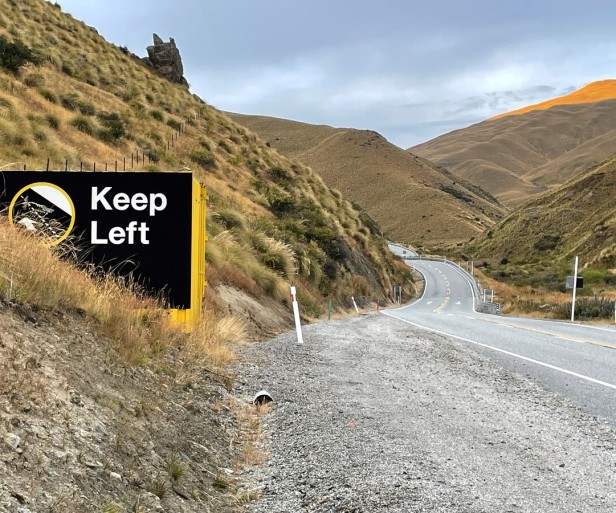Blowback over Fast-Track

"Trumpian in nature" and "one of the worst pieces of legislation that has been put to this government in decades".
That's how Queenstown's deputy mayor Quentin Smith describes the Government's Fast-Track Approvals Bill.
The bill would strip councils of the power to reject major planning applications, with decisions made instead by three Ministers advised by an expert panel.
As many as 10 applications have been put forward from developers in Queenstown Lakes and the surrounds. They include the Coronet Peak gondola, accompanied by 800 houses, the Roa health precinct in Wānaka, and Bendigo gold mine. Many have not been made public.
Submissions are being made to the Select Committee on the Bill and Queenstown councillors yesterday approved their own submission, put together by staffers.
But several, including Cr Smith, complained that the council's 'neutral' submission did not go far enough in condemning the plans.
"It puts at risk most of the strategic work that we do as a council; the district plan, the spatial plan the landscape protection, all these sorts of things," Smith said.
"I am aware of at least 10 potential fast-track applications that would affect our district. They range from some that have some merit, to some that are ridiculous, and some that have already been defeated multiple times in our existing processes.
"I will vote in favour [of the submission] because of the other items in it, the valid points we are making, but I will make a very strong statement now that I strongly oppose this legislation and would have preferred that we take that stance."
Labour describes the bill as "deeply flawed", designed to drive through projects no matter the environmental impact, while former National Party Minister Simon Upton, the World Wildlife Foundation, Forest & Bird and countless others have made strongly-worded submissions opposing the Coalition Government's plan.
Councillors Esther Whitehead, Niki Gladding, and Lisa Guy also spoke out against the Bill at Thursday's full council meeting.
Gladding also questioned the democratic accountability of councillors being asked to retrospectively approve the submission close to the deadline, with the Select Committee due to meet next week.
Whitehead agreed with the point but thanked staff for the "many very useful recommendations in it" and said she understood the challenges of making the submission within the timeframes.
"I will just publicly state that I am fully opposed to this in every shape and form because it is shamelessly going against all our obligations in New Zealand," Whitehead said.
"It's really interesting that we have the inquiry into the Climate Adaptation Plan at the moment and Minister Simon Watts saying 'we need an enduring and long-term approach to show leadership and joined-up thinking'. What this Bill does is offer a concurrent way to basically put any aside any safeguards that we have with our Treaty and environmental obligations."
Guy described it as "very challenging" and said she has "huge concerns around the overall impact of the Bill".
QLDC's submission cautions that the proposed legislation "should focus on providing a 'fast track' not an 'easy track'.
"Explicit and robust information requirements are necessary to ensure only the highest quality applications are received," the submission reads.
It should only be used for projects that generate ‘significant regional or national benefits’, and even then, the potential positives must be properly weighed against the negatives.
"Overall, QLDC is concerned that the Bill does not provide the necessary checks and balances needed to ensure high quality social, economic, cultural and environmental outcomes," the submission reads.
"QLDC considers that the Bill as it stands requires amendments to ensure a more nuanced assessment process, and a more balanced approach of the consideration of benefits and costs/effects of projects."
The Bill provides a "considerably more powerful and wide-ranging fast-track pathway" than the COVID-19 Recovery (Fast-track Consenting) Act 2020, with Ministers having the ability to ignore the recommendations of the expert panel.
QLDC wants that changed.
"Ministers should be required to fully justify and report on their decisions, and if they depart from expert panel recommendations, relevant local authorities must have the capacity to provide further input ahead of any final decision, particularly in the case of any housing and infrastructure projects, or for any prohibited activity."
The Bill should also have a sunset clause which aligns with central government's reform of the Resource Management Act.
The submission was approved unanimously by councillors.









